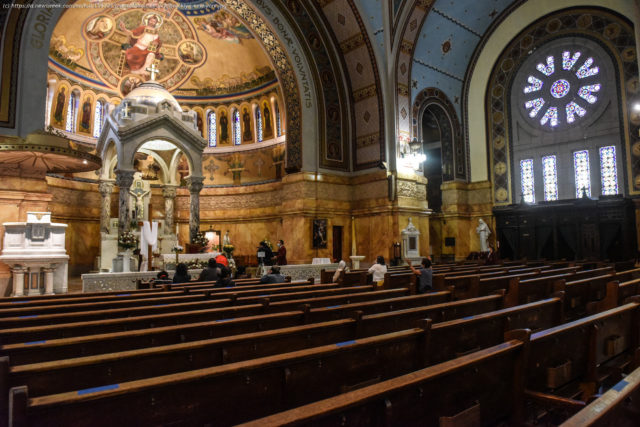It is long past time to let religious Americans return to the pews.
As America struggles to reopen following the COVID-19 pandemic, some have openly suggested that, even though millions of Americans are returning to a variety of social settings—like retail businesses, laundromats and even cannabis dispensaries—attending church in-person is still too dangerous to be allowed.
Two months ago, we wrote that “asking houses of worship to briefly suspend large gatherings is neither hostile toward religion nor unreasonable in light of the threat.” For us, so long as those reasonable restrictions on our otherwise-precious civil right to religious liberty were temporary and evenly applied, the threat posed by COVID-19 supported reasonable intervention by state officials.
Unfortunately, some government officials quickly stepped over that reasonable and respectful line. Just days after our article, on Good Friday, First Liberty Institute filed a legal challenge against the mayor of Louisville (also home to the Southern Baptist Theological Seminary). A day later, Judge Justin Walker restrained Louisville’s actions, noting that, “Louisville has targeted religious worship by prohibiting drive-in church services, while not prohibiting a multitude of other non-religious drive-ins and drive-throughs—including, for example, drive-through liquor stores.”
Currently, states like California, New York, and Maine continue to impose unyielding restrictions upon the nation’s houses of worship. “The precise question of when restrictions on particular social activities should be lifted during the pandemic,” Chief Justice John Roberts recently suggested, “is a dynamic and fact-intensive matter subject to reasonable disagreement.”
Justice Kavanaugh, writing also for Justices Thomas and Gorsuch, disagreed in at least one important respect. He concluded that the plaintiff church raising its concern to the U.






